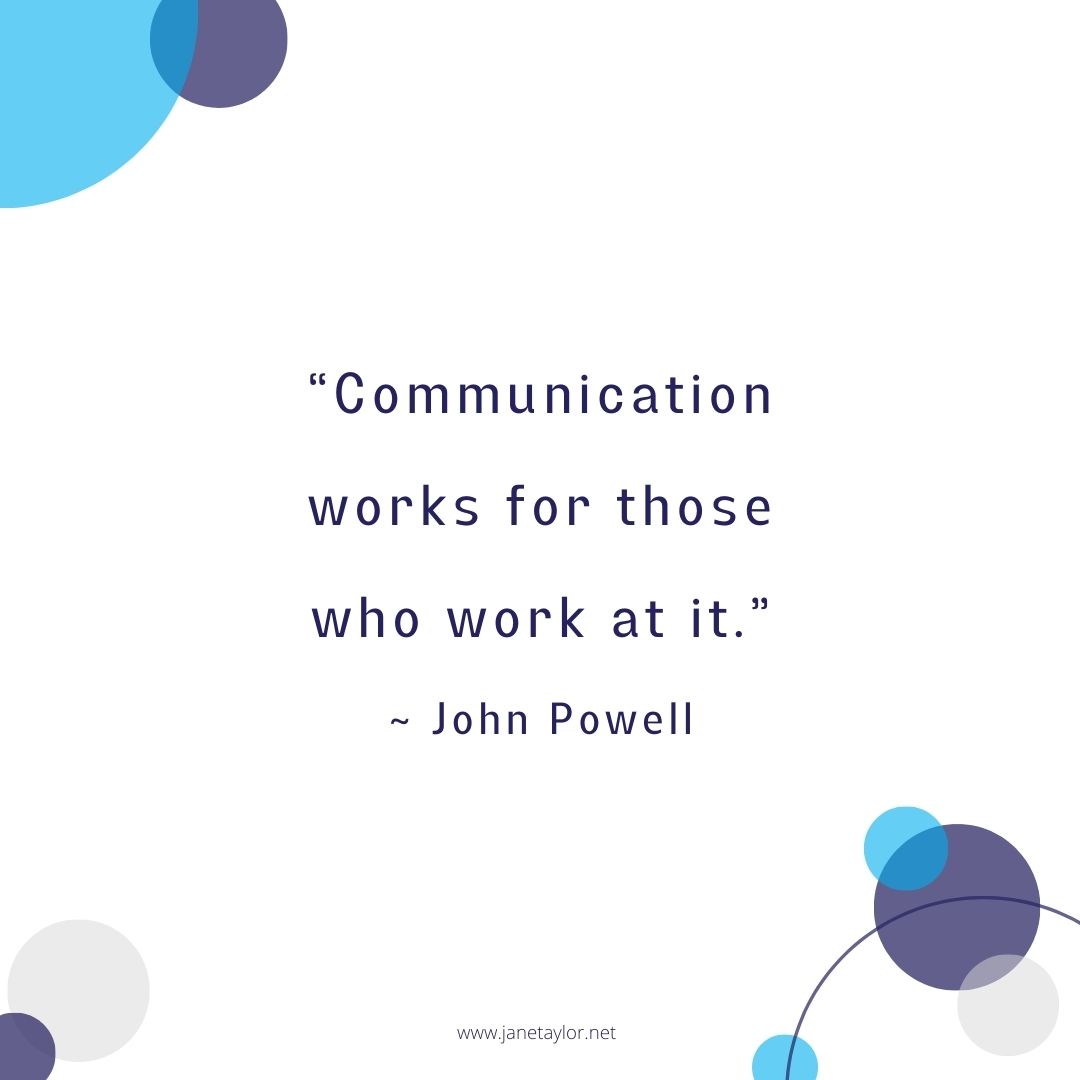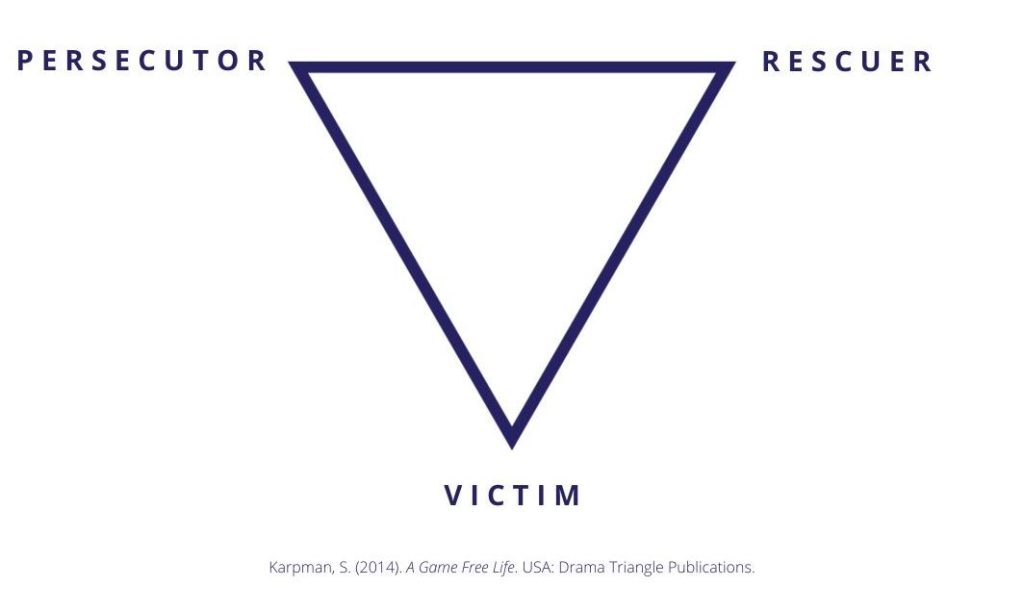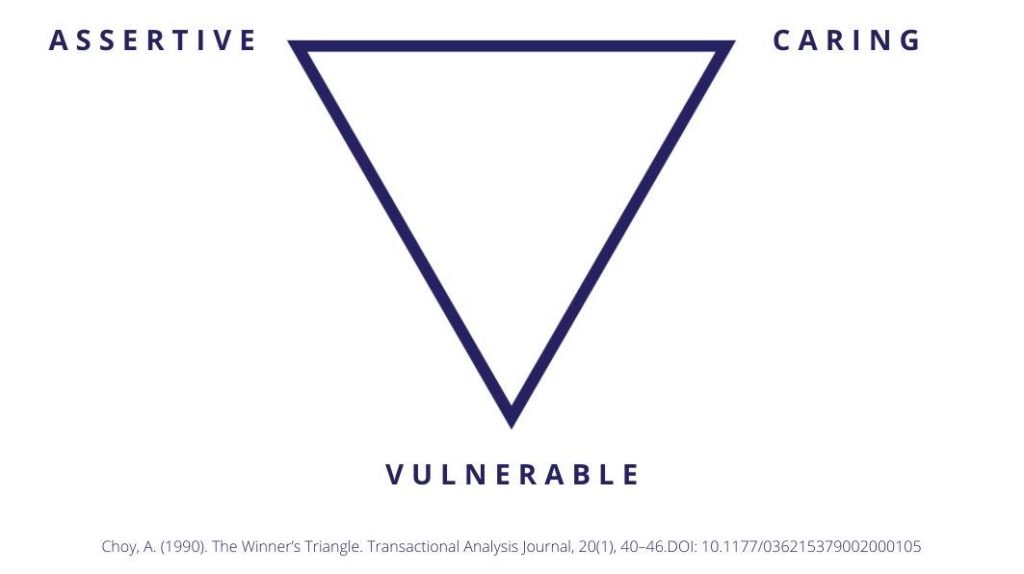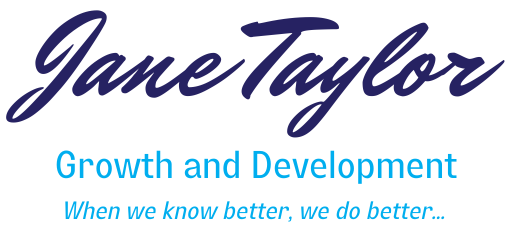Starting to Shift from the Drama Triangle to the Winner’s Triangle

A few years ago when I was studying, I came across the drama triangle. It made a lot of sense to me at the time in relation to the different scripts we can play out in our relationships.
So, What is the Karpman Drama Triangle?
The Karpman Drama Triangle is also known as the rescue triangle. It defines the unconscious roles people take on (and can switch between) in stressful, emotional or high-conflict situations. It is what it sounds like – creating drama, creating stress, conflict or rescuing people from their own responsibility of looking after themselves. Being in the drama triangle, can also prevent people from creating and leading their own lives (i.e. a life they love).
The Drama Triangle looks like this –

The 3 Conflict Styles
The Drama Triangle is a lose/lose situation for the people involved. Some of the messages and pay-offs of the roles within the Drama Triangle include –
- Persecutor: I am OK, You are Not OK.
- Message – “It’s all your fault, I’m in charge here.”
- Pay-off – I get what I want.
- Behaviours – criticising, blaming, labelling, putting down or often feeling inadequate.
- Long-term dysfunction – other person may not be able to show their full potential; people can move away from the person if they can and also could become a victim.
- Victim: I am Not OK, You are OK.
- Message – “I can’t do things without you, I need your help.”
- Pay-off – I don’t have to deal with things that seem too difficult.
- Behaviours – complaining, being helpless, withdrawing, catastrophising, pretending incompetence.
- Problem – people get tired of doing things for them.
- Rescuer: I am OK, You are Not OK.
- Message – “Don’t bother you’re poor self; I am better at it than you.”
- Pay-off – I am needed/wanted/liked.
- Behaviours – fixing, telling, giving solutions, taking over, self-denying, martyrdom, no life of their own.
- Problem – often ends up as victim of the victim.
How Can You Tell if You Are in a Drama, Creating Stress or Conflict?
Simply – if your head says “yes” and your heart or intuition says “no”.
The Winner’s Triangle
By developing self-awareness, seeing through patterns, being responsible and aligning to your true self, the drama triangle can become the winner’s triangle over time. The winner’s triangle is a win/win situation for everyone involved.
The Winner’s Triangle is identified in the diagram below.

Some of the characteristics people in the winner’s triangle include –
- Assertive – act in their own best interests:
- by asking for what they want,
- saying no to what they do not want,
- being flexible in order to get their needs met, and
- do not punish or make the other person wrong.
- Caring – have genuine concern for people and shows this by:
- trusting the person has their own answers,
- genuinely listening to the person (without trying to solve the problem),
- being clear on their own boundaries,
- doing their own share, and
- not doing things they do not want to do (unless totally necessary).
- Vulnerable – where the person is in pain or suffering:
- use their thinking for problem-solving,
- actions for taking care of themselves, and
- emotions and feelings for developing awareness.
Starting to Shift from the Drama Triangle to the Winner’s Triangle
To increase your capacity to deal effectively with conflict and shift from the drama triangle to the winner’s triangle the –
- Persecutor becomes assertive,
- Rescuer becomes caring, and
- Victim becomes vulnerable.

The skills required to shift from the drama triangle to the winner’s triangle include –

Over to You…
I hope this post has given you some insight in to ways to start shifting from the drama triangle to the winner’s triangle. Remember – none of us are perfect and we don’t know what we don’t know. Please remember, this can be challenging work and your safety and wellbeing are important, so please take care of yourself.
If you are ready to reclaim your courage and take the next step towards your freedom and opening your heart, why not join our Toolkit?
References –
Burgess, R. (2005). A Model for Enhancing Individual and Organisational Learning of ‘Emotional Intelligence’: The Drama and Winner’s Triangles. Social Work Education, 24(1), 97-112.
Choy, A. (1990). The Winner’s Triangle. Transactional Analysis Journal, 20(1), 40–46.DOI: 10.1177/036215379002000105
Karpman, S. (2014). A Game Free Life. USA: Drama Triangle Publications.
